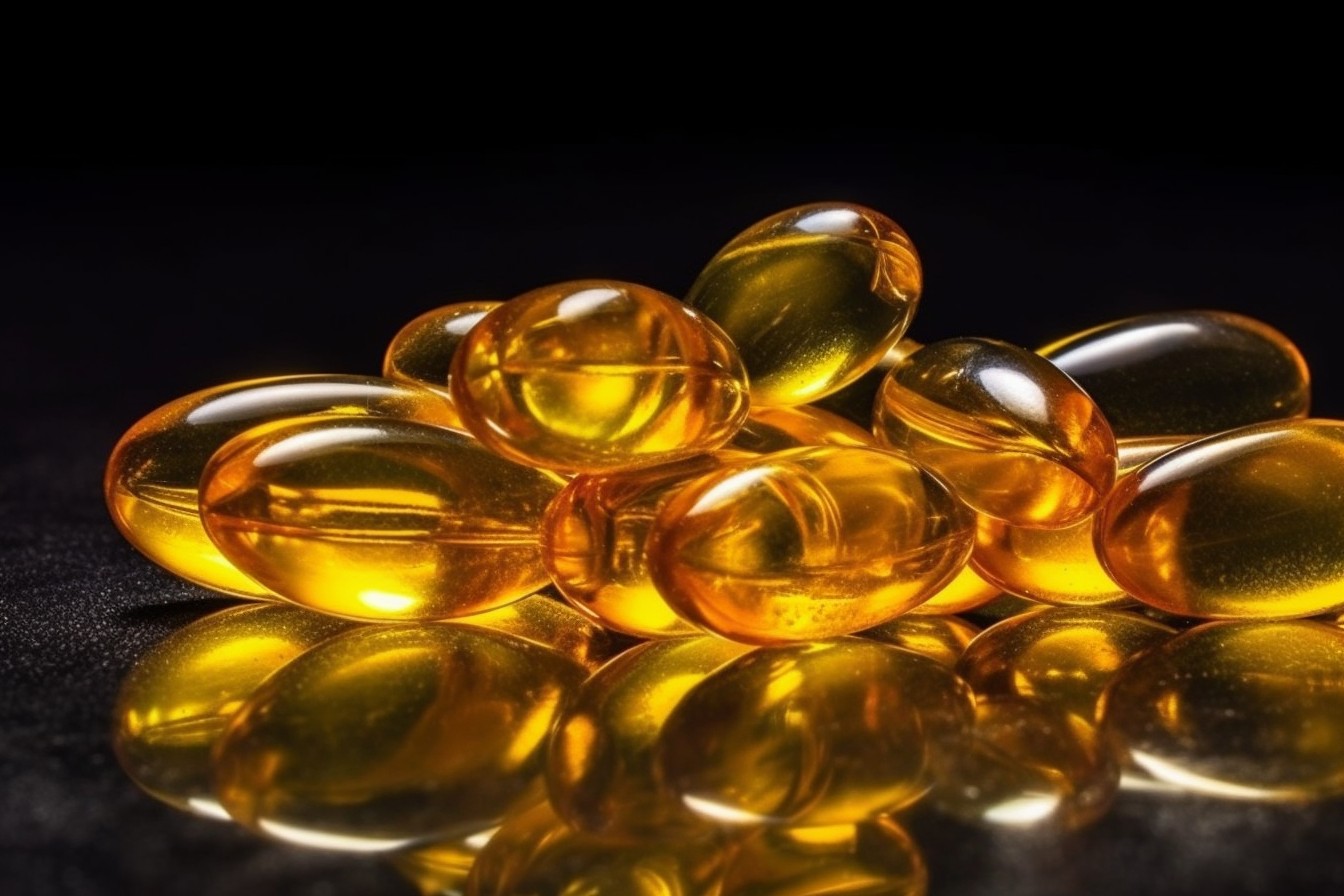There is increasing evidence that omega-3 polyunsaturated fatty acids (PUFAs), when combined with proper exercise, can enhance physical performance by influencing muscle hypertrophy, muscle strength, and delayed onset muscle soreness (DOMS) post-workout. The most common dietary source of n-3 PUFAs is fatty fish, and the main marine-derived long-chain n-3 PUFAs are eicosapentaenoic acid (EPA) and docosahexaenoic acid (DHA). Alternative sources to fish include chicken, eggs, liver, lamb, pork, or beef, but they contain significantly lower levels of EPA and DHA compared to fatty fish.
This systematic review, published in Critical Reviews in Food Science and Nutrition, aimed to examine the effects and optimal dosage of n-3 PUFA supplements in combination with physical exercise on muscle hypertrophy, strength, and the severity of DOMS.
The search for articles was conducted in the PubMed, Web of Science, MEDLINE Complete, CINAHL, and SPORTDiscus databases. The systematic review included fifteen studies involving 461 participants. Muscle function, muscle quality, and DOMS severity were measured in all studies. Muscle strength was assessed in fourteen studies, and muscle hypertrophy in six studies.
Data analysis revealed that supplements containing n-3 PUFAs did not improve muscle hypertrophy, muscle strength, or affect inflammation biomarkers and the extent of skeletal muscle damage beyond the benefits provided by exercise alone. However, it was found that n-3 PUFA supplements enhanced muscle recovery, influencing post-workout muscle soreness and muscle function.

